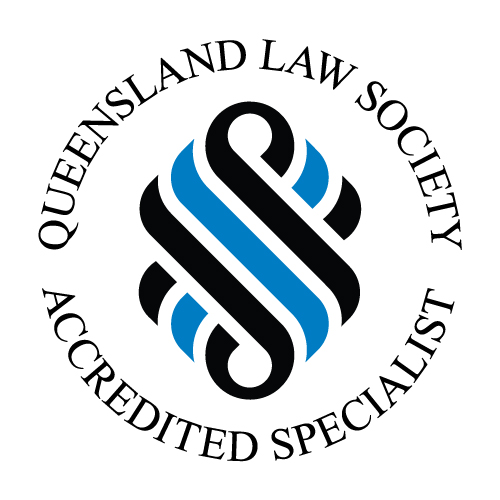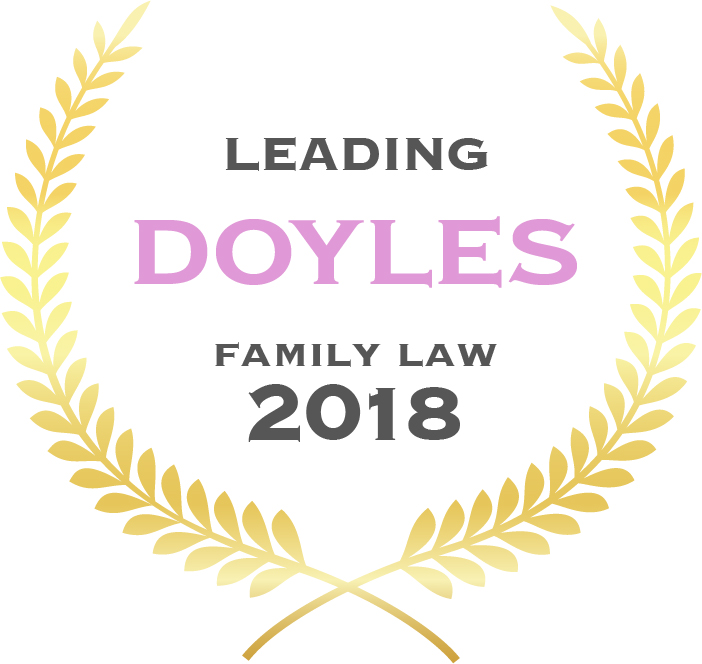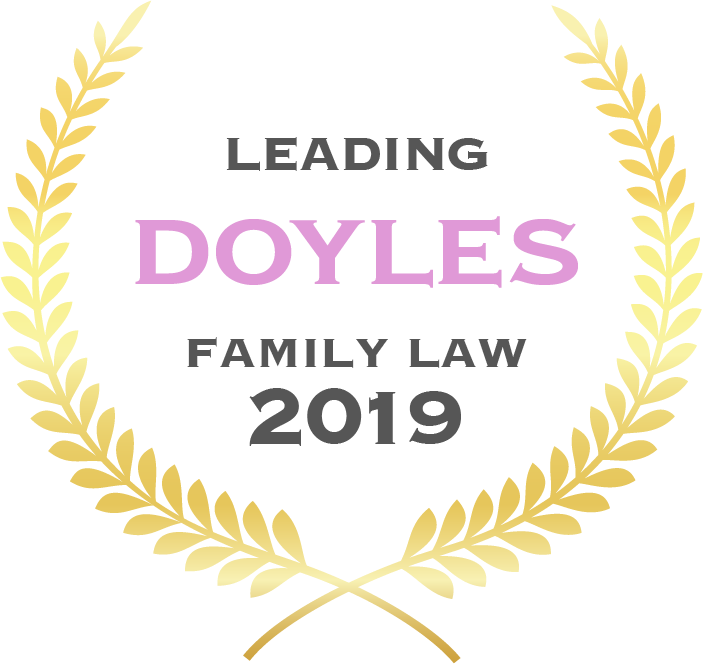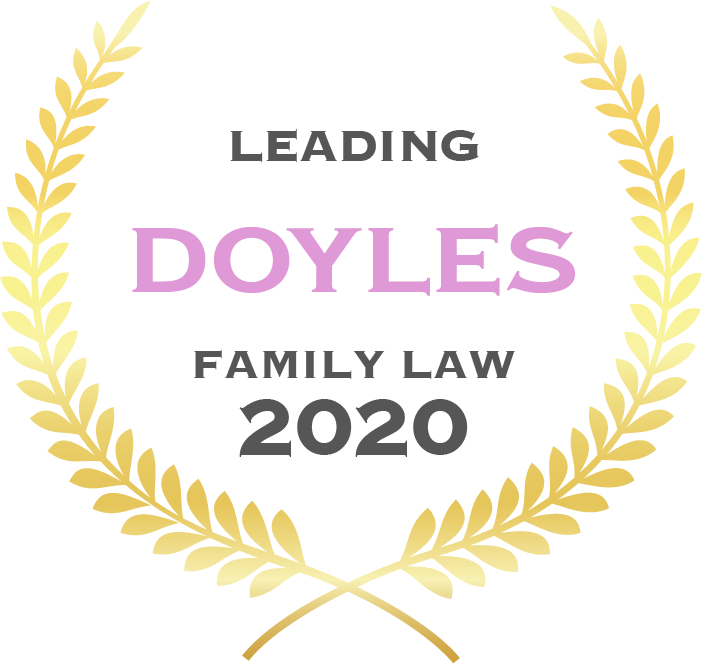Surrogacy is an assisted reproductive treatment where a child is carried by a woman on behalf of another woman or couple, using the genetic material of either the intended parent(s) or a donor.
Regardless of their relationship status (i.e. single, heterosexual or same sex) any person or couple over the age of 25 years, unable to carry their own child due to fertility or genetic issues, can enter into a surrogacy arrangement with any woman over the age of 25 years capable to make decisions for herself, to carry a child on their behalf.
Surrogacy Arrangement
A surrogacy arrangement is a formal agreement between the birth parent(s) (the birth mother and/or any partner she is in a relationship with at the time) and the intended parent(s) for the birth mother to carry a child on behalf of the intended parent(s). Following the birth of the child, the agreement requires the child to be handed to the intended parent(s) by the birth parent(s) permanently.
The surrogacy arrangement (and required agreement discussed below) must be entered into before the assisted reproduction treatment begins.
Only surrogacy arrangements that are altruistic and non-commercial (with the exception of the payment of the birth mother’s reasonable medical expenses by the intended parent(s)) are legal in Queensland.
Our Family Lawyers at Marino Law hold considerable experience in negotiating and preparing surrogacy arrangements and representing either the intended parent(s) or birth parent(s) through the surrogacy process.
Legal Requirements
Following the birth of the child the intended parent(s) are required to apply to the Court, seeking an Order to transfer the parentage of the child.
In order to transfer the parentage of a child born pursuant to a surrogacy arrangement, all parties must meet certain legal requirements before entering into the arrangement and/or applying to the Court.
If these requirements are not met, the Court may refuse to make the Order sought.
In Queensland, those requirements are as follows:
Legal Advice
In order to ensure that all parties are aware of their individual rights, obligations and implications of any surrogacy arrangement to be entered into, both the intended parent(s) and the birth parent(s) must obtain independent legal advice before entering into the surrogacy agreement.
Intended parent(s) and birth parent(s) cannot receive independent legal advice from the same lawyer. However, couples (either the intended parents or birth parents) can receive independent legal advice from the same lawyer.
Counselling
In order to ensure that each party to a proposed surrogacy arrangement fully understands the psychological and social impact of the arrangement and future parentage order on the intended parent(s), birth parent(s) and the subsequent child, there is a requirement for the intended parent(s) and birth parent(s) to undergo counselling with a qualified practitioner before entering into the surrogacy arrangement.
Many assisted reproduction clinics are able to provide access to this service and the intended parent(s) and birth parent(s) can share the same counsellor.
Surrogacy Agreement
The exact terms of the surrogacy arrangement must be agreed upon by both the intended parent(s) and birth parent(s) and formalised into a clear and comprehensive written surrogacy agreement and executed before the assisted reproduction treatment begins.
Registering the Birth
The child’s birth must be registered by the birth parent(s).
The birth parent(s) names must be included on the registration application. This will be changed by successful application to the Court (discussed below).
Surrogacy Guidance Report
Following the birth of the child, the parties must again attend upon counselling with a qualified and independent practitioner to obtain a surrogacy guidance report.
The practitioner that undertook the earlier counselling of the parties cannot provide the surrogacy guidance report.
Additionally, the intended parent(s) and birth parent(s) must attend practitioners’ independent from each other in order to obtain a surrogacy guidance report.
The team at Marino Law hold considerable experience in negotiating and preparing surrogacy agreements and representing either the intended parent(s) or birth parent(s) through the surrogacy process.
Parentage Order
Application
In order to apply for an Order changing the parentage of the child, an application must be made to the Children’s Court of Queensland.
The application should be made within six (6) months of the child’s birth, provided that the child has lived with the intended parents for at least 28 days consecutive days before the application is made and should include:
- An application filed by the intended parents in the correct form, naming the birth parent(s) as respondent(s) to the application;
- Supporting material to the application, including but not limited to, affidavits providing:
- A copy of the written surrogacy agreement;
- Confirmation (and relevant documentation) that the parties have met all legal requirements; and
- Confirmation that the parties are in agreement to the proposed Order changing the parentage of the child.
The application process for a change of parentage is a complex one. It is strongly advised that you appoint a legal representative to act on your behalf throughout the process. Your legal representative can attend to the compilation and filing of your application and supportive material.
The matter is listed before the Court. There may be a requirement for some case management procedural hearings to take place prior to the final hearing (decision). These hearings are ordinarily used by the Court to direct the parties to attend to certain matters.
Each party, or their respective legal representative on their behalf, should be present at all listed procedural hearing events.
If the Court is satisfied that all requirements have been met, the matter will be listed for final hearing.
All parties and their respective legal representatives should be present at the final hearing of the matter.
Court Decision
Once the Children’s Court of Queensland grants an order to change the parentage of the child, the intended parent(s) become the child’s legal parents. The birth parent(s) no longer have a legal parental relationship with the child.
Once the order has issued the intended parent(s) can attend upon the Registry of Births, Deaths and Marriages and apply for the child’s birth certificate to be amended accordingly.
The team at Marino Law hold considerable experience in preparing surrogacy parentage applications and representing either the intended parent(s) or birth parent(s) at Court.
Enforcing a Surrogacy Arrangement
At any time before an Order changing the parentage of the child is made by the Court either the intended parent(s) and birth parent(s) can change their mind. (i.e. the birth parent(s) may decide not to give up the child to the intended parents and the intended parents may decide not to permanently care for the child).
Outside of enforcing the repayment of any reasonable surrogacy costs lost as a result of the termination of surrogacy arrangement by the birth parent(s), a surrogacy arrangement (and agreement) cannot be enforced by a Court.
If the surrogacy arrangement does not proceed, any subsequent child born will remain in the care of the birth parent(s). If the birth parent(s) decide not to permanently care for the child, they can give the child up for adoption.
We strongly recommend that you seek legal advice if it becomes apparent that a surrogacy arrangement is unlikely to proceed.
The team at Marino Law hold considerable experience in assisting either the intended parent(s) or birth parent(s) through the process of terminating a surrogacy arrangement.
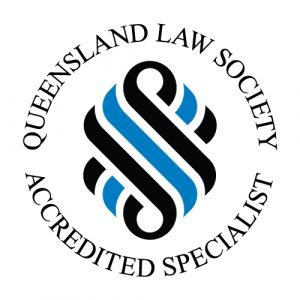
Marius Eden, Special Counsel is an Accredited Specialist in Family Law. Specialist Accreditation acknowledges an additional course of study and the achievement of a high level of practical skill and knowledge in the area of expertise.

